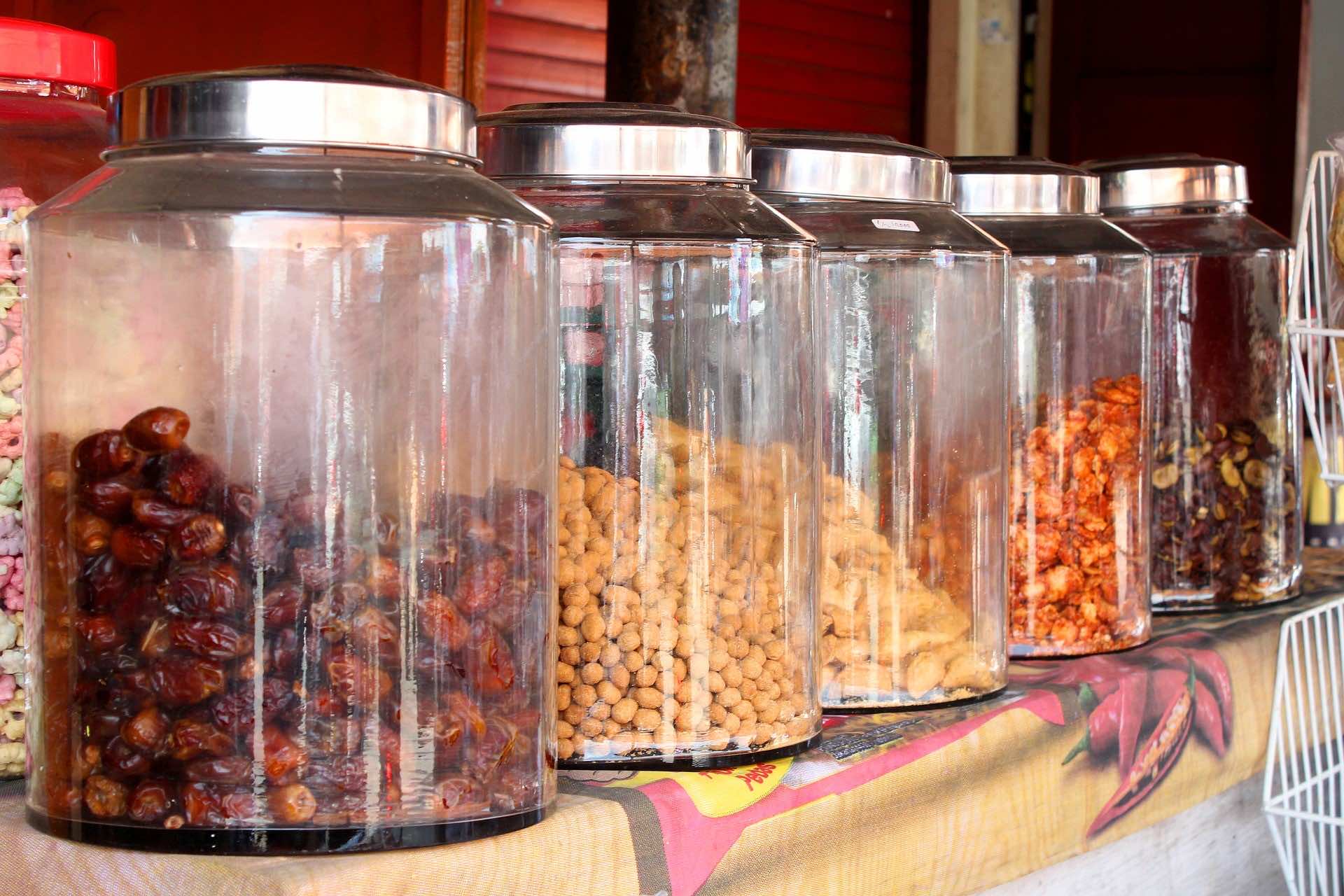Rabat – Ramadan is a one-of-a-kind religious celebration for Muslims around the world. Aside from fasting every day throughout the holy month, Muslims celebrate the occasion with special prayers, charity, and family reunions.
While Ramadan is an occasion for Muslims to rejoice, fasting while maintaining a healthy diet is not a straightforward task, as many people grapple to balance the two. Here are a set of tips to follow to stay healthy while fasting.
1- NEVER skip morning meals
With fasting, food intake drops to only two meals, morning meals (Suhoor) and evening meals (Iftar). However, most people may struggle with Suhoor as it is hard to have an open appetite in the early morning.
The Suhoor meal is of critical importance to your body while fasting, as food choice in this meal will likely affect your energy levels throughout the day, according to health experts.
For the morning meal, experts recommend avoiding simple carbohydrates found in processed food as those are unlikely to provide long-term energy. Instead, a healthy Suhoor incorporates whole grains, healthy fats, proteins, fruits, and vegetables, according to Healthline, a San Francisco-based health information website.
2- Make sure to drink as much water as possible between sunset and sunrise
While fasting, keeping track of your water intake may prove especially difficult. However, staying hydrated is critical to keep adequate energy levels throughout the day while fasting.
Boosting your water intake can help brighten up your mood, and lower your appetite, making you less likely to deal with hunger while fasting, according to research.
Experts recommended keeping a bottle of water close at hand between sunset and sunrise and drinking whenever possible to rehydrate. In addition, opting for food with a higher water ratio instead of sweets can also help boost your daily water intake.
Read Also: Ramadan in Morocco: A New Perspective on Food, Society, and Fasting
3- Beware of greasy food
Traditional, greasy dishes are a staple of Ramadan in all Muslim communities. As tempting as traditional food can be, it is often oily and heavy. Too much greasy food can leave you tired and lower your energy levels the following day.
After not eating for a whole day, overeating is a common problem among fasters. However, it’s important to stay mindful of food portions as overeating can result in tiredness and weight gain.
4- Keep your diet diverse
With your body on a two-meal mode, experts stress the need of maintaining a diverse diet and make sure your body has access to all the nutrients needed for optimal functioning.
An ideal diet should contain whole grains, vegetables, fruits, proteins, and healthy fat sourced from plants, like olive oil and nuts.
Read Also: Astronomer: Morocco To Celebrate 1st Day of Ramadan on April 3
















